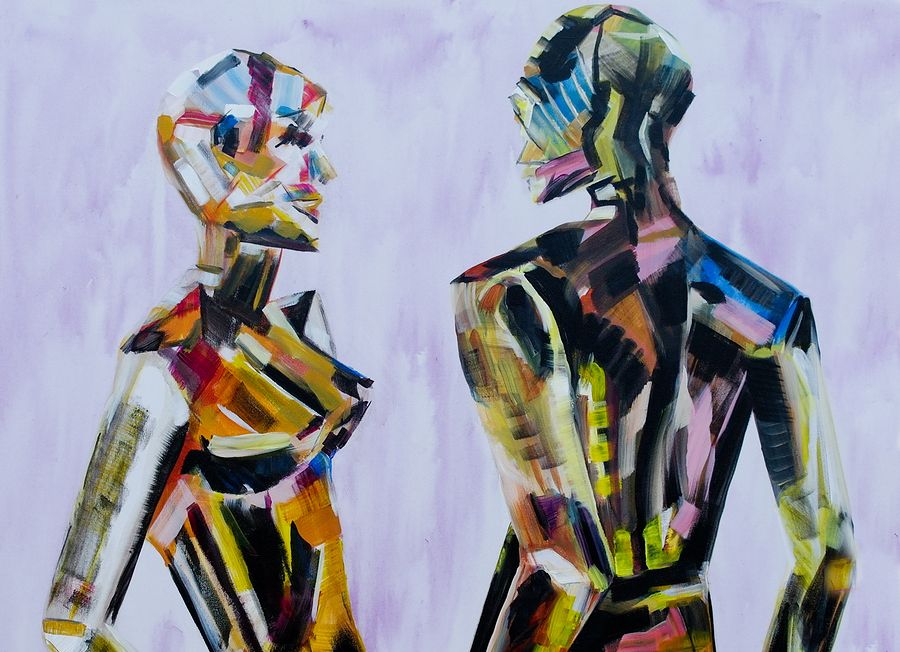
Robohub.org
Should robots be gendered?

Should robots be gendered? I have serious doubts about the morality of designing and building robots to resemble men or women, boys or girls. Let me explain why.
The first worry I have follows from one of the five principles of robotics, which states: robots should not be designed in a deceptive way to exploit vulnerable users; instead their machine nature should be transparent.
To design a gendered robot is a deception. Robots cannot have a gender in any meaningful sense. To impose a gender on a robot, either by design of its outward appearance, or programming some gender stereotypical behaviour, cannot be for reasons other than deception – to make humans believe that the robot has gender, or gender specific characteristics.
When we drafted our 4th ethical principle the vulnerable people we had in mind were children, the elderly or disabled. We were concerned that naive robot users may come to believe that the robot interacting with them (caring for them perhaps) is a real person, and that the care the robot is expressing for them is real. Or that an unscrupulous robot manufacture exploits that belief. But when it comes to gender we are all vulnerable. Whether we like it or not, we all react to gender cues. So whether deliberately designed to do so or not, a gendered robot will trigger reactions that a non-gendered robot will not.
Our 4th principle states that a robot’s machine nature should be transparent. But for gendered robots that principle doesn’t go far enough. Gender cues are so powerful that even very transparently machine-like robots with a female body shape, for instance, will provoke a gender-cued response.
My second concern leads from an ethical problem that I’ve written and talked about before: the brain-body mismatch problem. I’ve argued that we shouldn’t be building android robots at all until we can embed an AI into those robots that matches their appearance. Why? Because our reactions to a robot are strongly influenced by its appearance. If it looks human then we, not unreasonably, expect it to behave like a human. But a robot not much smarter than a washing machine cannot behave like a human. Ok, you might say, if and when we can build robots with human-equivalent intelligence, would I be ok with that? Yes, provided they are androgynous.
My third – and perhaps most serious concern – is about sexism. By building gendered robots there is a huge danger of transferring one of the evils of human culture: sexism, into the artificial realm. By gendering and especially sexualising robots we surely objectify. But how can you objectify an object, you might say? The problem is that a sexualised robot is no longer just an object, because of what it represents. The routine objectification of women (or men) because of ubiquitous sexualised robots will surely only deepen the already acute problem of the objectification of real women and girls. (Of course if humanity were to grow up and cure itself of the cancer of sexism, then this concern would disappear.)
What of the far future? Given that gender is a social construct then a society of robots existing alongside humans might invent gender for themselves. Perhaps nothing like male and female at all. Now that would be interesting.
tags: c-Politics-Law-Society, gender, robots





